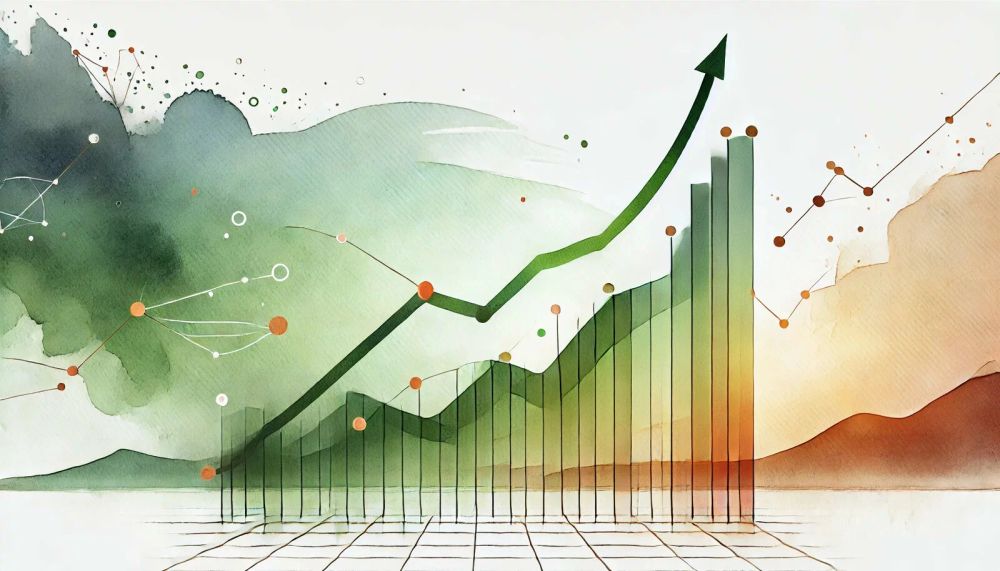The American Institute for Boys and Men conducts non-partisan research on issues that affect the well-being of boys and men across the United States.
Research links legalization to financial stress for some bettors, especially young men. This policy framework by David Sasaki, Jonathan D. Cohen, and Isaac Rose-Berman outlines nine harm-reduction approaches.

Research links legalization to financial stress for some bettors, especially young men. This policy framework by David Sasaki, Jonathan D. Cohen, and Isaac Rose-Berman outlines nine harm-reduction approaches.
High-dose tutoring shows much larger gains when sessions occur 3-5 days per week. Programs offered only once or twice weekly have far smaller effects.
Read more:

High-dose tutoring shows much larger gains when sessions occur 3-5 days per week. Programs offered only once or twice weekly have far smaller effects.
Read more:
Isaac Bledsoe and Ben Smith examine what the data shows.

Isaac Bledsoe and Ben Smith examine what the data shows.
Young men now account for a growing share of betting participation, losses, and harm.
Poet Larsen examines what legalization has changed and why it matters.

Young men now account for a growing share of betting participation, losses, and harm.
Poet Larsen examines what legalization has changed and why it matters.

Rupert Gill explains why this matters for boys and young men and why evidence should come before scale.

Rupert Gill explains why this matters for boys and young men and why evidence should come before scale.
Read more:

Read more:
Read more:

Read more:

In an NPR conversation, @richardreeves.bsky.social discusses what the data shows about men’s wages and how economic and cultural changes are affecting working-class men.
In an NPR conversation, @richardreeves.bsky.social discusses what the data shows about men’s wages and how economic and cultural changes are affecting working-class men.



Read the commentary: aibm.org/commentary/a...

Read the commentary: aibm.org/commentary/a...
Learn more: aibm.org/policy/death...

Learn more: aibm.org/policy/death...
Read the commentary by Anna Machin:

Read the commentary by Anna Machin:
New analysis by Ben Smith and Isaac Bledsoe examines why men fall out of the pipeline and whether reenrollment programs are reaching them.

New analysis by Ben Smith and Isaac Bledsoe examines why men fall out of the pipeline and whether reenrollment programs are reaching them.
The gender gap is narrowing mainly because women are becoming less religious, not because men are returning to church, says Ryan Burge.

The gender gap is narrowing mainly because women are becoming less religious, not because men are returning to church, says Ryan Burge.
Read the research summary by Alexander W. Cappelen, Ranveig Falch, and Bertil Tungodden:

Read the research summary by Alexander W. Cappelen, Ranveig Falch, and Bertil Tungodden:
Our latest commentary looks at what we know, the risks for vulnerable users, and why stronger evaluation is needed before wider scale.
aibm.org/commentary/s...

Our latest commentary looks at what we know, the risks for vulnerable users, and why stronger evaluation is needed before wider scale.
aibm.org/commentary/s...
Led by David Sasaki, with fellows Isaac Rose-Berman and Bailey Way.
Learn more: aibm.org/boys-men-onl...
Led by David Sasaki, with fellows Isaac Rose-Berman and Bailey Way.
Learn more: aibm.org/boys-men-onl...
The male #employment dashboard is updated! Explore the latest data on employment, unemployment, earnings, and more with interactive visuals.

The male #employment dashboard is updated! Explore the latest data on employment, unemployment, earnings, and more with interactive visuals.
Read the full research summary:

Read the full research summary:
Learn more or make a donation:

Learn more or make a donation:
We invite you to stay connected by subscribing to our newsletter.

We invite you to stay connected by subscribing to our newsletter.

